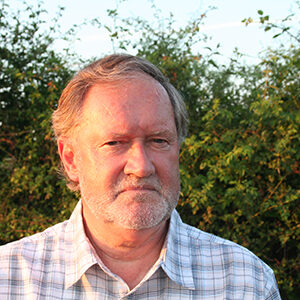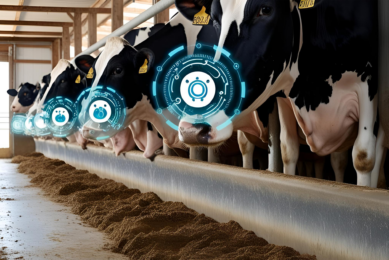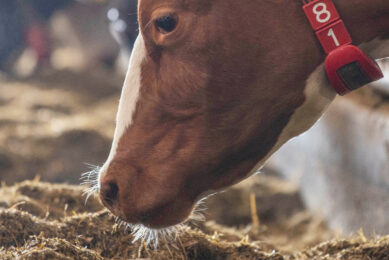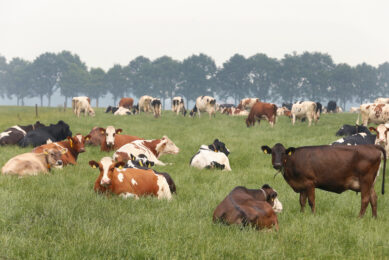6 major food producers launch the Dairy Methane Action Alliance
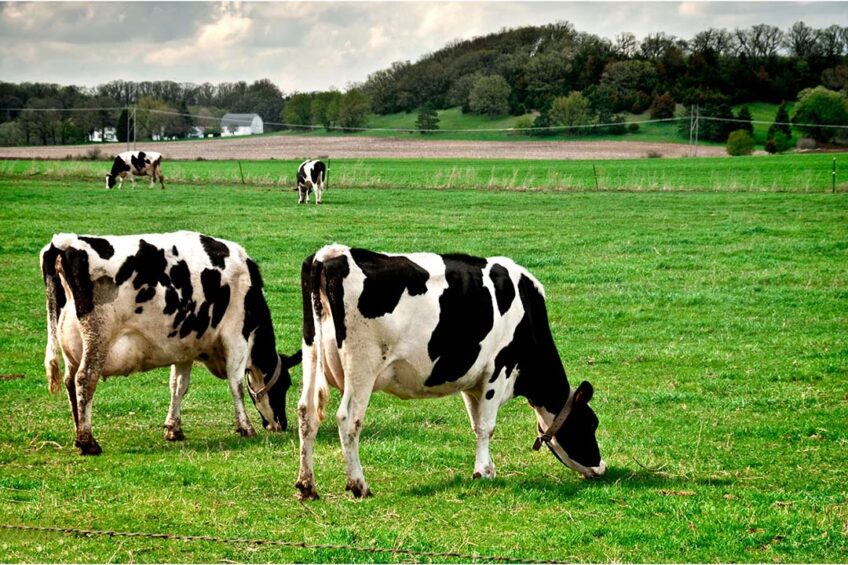
Six of the largest dairy and food producers in the world have, together with the Environmental Defense Fund, launched the Dairy Methane Action Alliance. By joining this initiative, the companies commit to annually account and publicly disclose methane emissions within their dairy supply chains and pledge to create and implement a comprehensive methane action plan.
Bel Group, Danone, Lactalis, Nestlé, Kraft Heinz and General Mills signed the agreement with the Environmental Defense Fund (EDF) during the COP28 conference in Dubai. According to the non-profit environmental organisation, methane has 80 times the warming power of carbon dioxide in the first 20 years after it enters the atmosphere.
“Agriculture is responsible for nearly 40% of human-caused methane emissions, the majority of which comes from livestock. Collective action on methane today will avoid the worst impacts of climate change – and we’ll see the difference in our lifetimes,” said Fred Krupp, president of the EDF.
The EDF is calling on all companies in the global dairy supply chain to join this effort to expedite a global shift to climate-smart dairy, and deliver larger impact and scale. “We also need to support farmers as they work to feed the world in the face of climate change,” Krupp says. “Dairy companies can be part of the fight against climate change by reducing methane pollution. This is an exciting step forward in putting methane action front and centre for the dairy sector.”
The majority of food companies’ methane emissions are from livestock, with dairy responsible for nearly 10% of global methane emissions, the EDF states. The Dairy Methane Action Alliance aims to set an example for the private sector as a whole by providing a novel model for transparency, accountability, and collaboration to reduce critical emissions within a global industry.
The sustainability non-profit group Ceres will provide technical support and lead the development of a methane action plan template that aligns with investor and corporate expectations as well as helping to ensure companies are making progress against key plan milestones.
Collaboration in dairy is key
Simon Bonnet, sustainable milk purchasing director at the Bel Group, comments: “The Bel Group is committed to contribute to achieve the goals of the Paris Agreement by limiting global warming to below +1.5°C. To do so, we are convinced that we need to collaborate side by side with our key partners, the farmers, in order to reduce by 25% greenhouse gases coming from dairy farms by 2035, especially by methane mitigation.
“We can accelerate and be more efficient by working with the whole dairy ecosystem. This is the purpose of the Dairy Methane Action Alliance: gather all dairy players and partners to work collectively by setting the base and accelerating the methane mitigation journey.’’
Dairy Methane Action Alliance
His colleague Henri Bruxelles, chief sustainability and strategic business development officer at Danone, adds: “As a leading dairy company, Danone is committed to reduce methane emissions from fresh milk by 30% by 2030 and to elevate the role of dairy as a solution for health, nature and communities. We are convinced that we can deliver on this ambition by working with other dairy players and partners to set the bar high, develop tools and scale best practices. This is what the Dairy Methane Action Alliance is about.”
Rolf Carlson, vice president corporate social responsibility at Lactalis USA, the American branch of the largest dairy company in the world, Lactalis, concludes: “Time is of the essence when it comes to helping farmers adapt to and mitigate climate change. The Dairy Methane Action Alliance provides a forum for collaboration among processors, farmers, and researchers where we can identify and elevate the best solutions to accelerate progress on reducing methane emissions, one of the most potent climate pollutants.”
Join 13,000+ subscribers
Subscribe to our newsletter to stay updated about all the need-to-know content in the dairy sector, two times a week.


